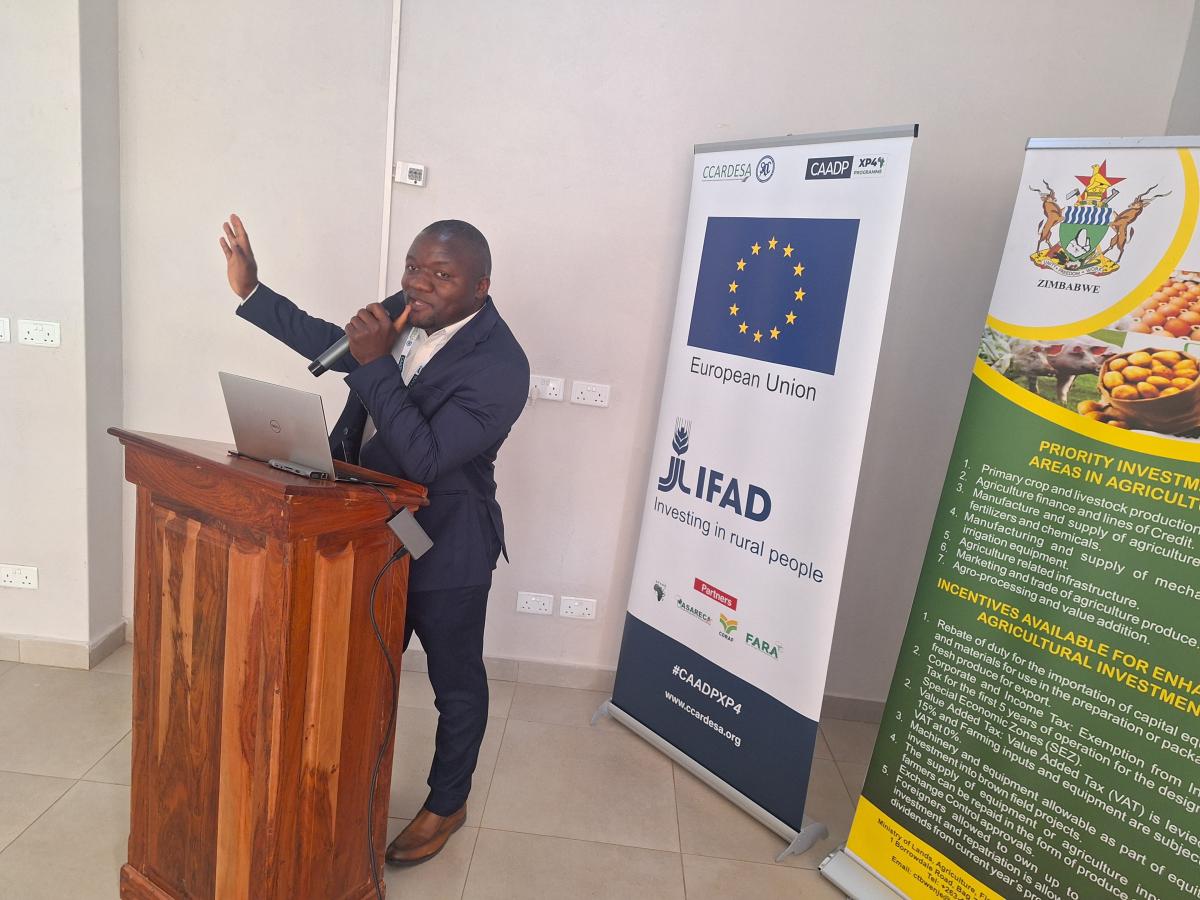Co-authors
J., Oduor, A., Ngigi, S., Oremo, F.O., Ngondi, J., van Steenbergen, F., Nyawasha, R.W., Dawit, D., Mussera, P.V., Woldearegay, K., Koelman, E.M., Malesu, M., Famba, S., Simane, B., Wuta, M., Oguge, N.O., Leal Filho, W.
Description/Abstract
These advanced training materials have been produced to foster the capacity of practitioners from private, nongovernmental and public sectors on one hand, and academics and scientists on the other, to practically implement cost-efficient RWHI technologies and practices in arid and semi-arid areas.
Therefore, these training materials intend to provide the required information to support proper planning, design and construction of cost-efficient RWHI technologies and practices, with special emphasis on the specific problems encountered in Ethiopia, Kenya, Mozambique and Zimbabwe. Further, this manual also suggests relevant technical manuals which specifically focus on each of the RWHI technologies and practices. It is strongly recommended that reference is also made on this additional materials with help from experienced professionals in this field of knowledge.
Citation
De Trincheria, J., Oduor, A., Ngigi, S., Oremo, F.O., Ngondi, J., van Steenbergen, F., Nyawasha, R.W., Dawit, D., Mussera, P.V., Woldearegay, K., Koelman, E.M., Malesu, M., Famba, S., Simane, B., Wuta, M., Oguge, N.O., Leal Filho, W. (2017). Advanced training materials on rainwater harvesting irrigation management in arid and semi-arid areas of sub-saharan Africa: Technical capacity building on the use of rainwater for off-season smallscale irrigation in Ethiopia, Kenya, Mozambique and Zimbabwe. AFRHINET Project. Hamburg University of Applied Sciences, Hamburg, Germany






